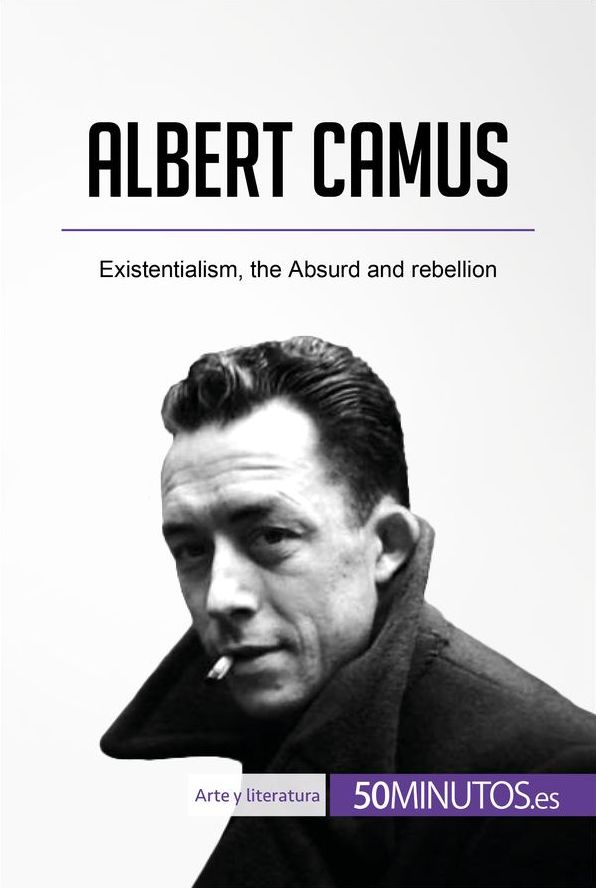Albert Camus
Albert Camus
Read more
The Algerian-born French writer and thinker Albert Camus remains one of the most important French authors of the 20th century. Often associated with existentialism (although he did not fully identify with this philosophical movement), he was also a courageous activist and social critic, speaking out against totalitarianism in all its forms and fighting for justice and equality for all. In just 50 minutes, you will find out how Camus used his writing to explore subjects including the Absurd and the necessity of rebellion in the face of an ultimately meaningless existence, and learn about the global impact of his philosophy.
This clear and straightforward guide will provide you with a discussion of Camus’s most important works, including The Stranger, The Plague, The Fall and The Myth of Sisyphus. It also features a full biography, an introduction to the historical context in which his works were written, and an examination of the influence his writing had on later authors, giving you all the essential information about this crucial figure in French literature.
About Albert Camus
Albert Camus was born in Mondovi (now Dréan) in Algeria in 1913. His family was far from wealthy, and his father was killed in the First World War when he was just a year old. However, in spite of his humble beginnings, some of his teachers saw his talent at an early age and encouraged him to pursue his education and writing. His novels, short stories, plays and essays brought him international renown, and he was awarded the Nobel Prize in Literature in 1957.
This insightful and accessible 66-page book is structured as follows:
- Introduction to Albert Camus
- Social, political and historical context
- From the Belle Époque to the Great War
- From the Roaring Twenties to the terror of dictatorship
- From the Second World War to decolonization
- From Surrealism to existentialism
- Biography of Albert Camus
- A poor childhood
- Early literary career
- Turmoil and success
- Nostalgia for Algeria
- Characteristics of Camus’s work
- The Absurd: a recurring theme
- Humanism and rebellion as responses to the Absurd
- Notable works
- The Stranger
- The Myth of Sisyphus
- The Plague
- The Fall
- Summary
Product details
| ISBN | 9782808005166 |
|---|---|
| Publisher | Plurilingua Publishing |
| Series | 50MINUTES.COM – Art and Literature |
| Format | |
| Pages | 66 |
| File size | 4.1 MB |






